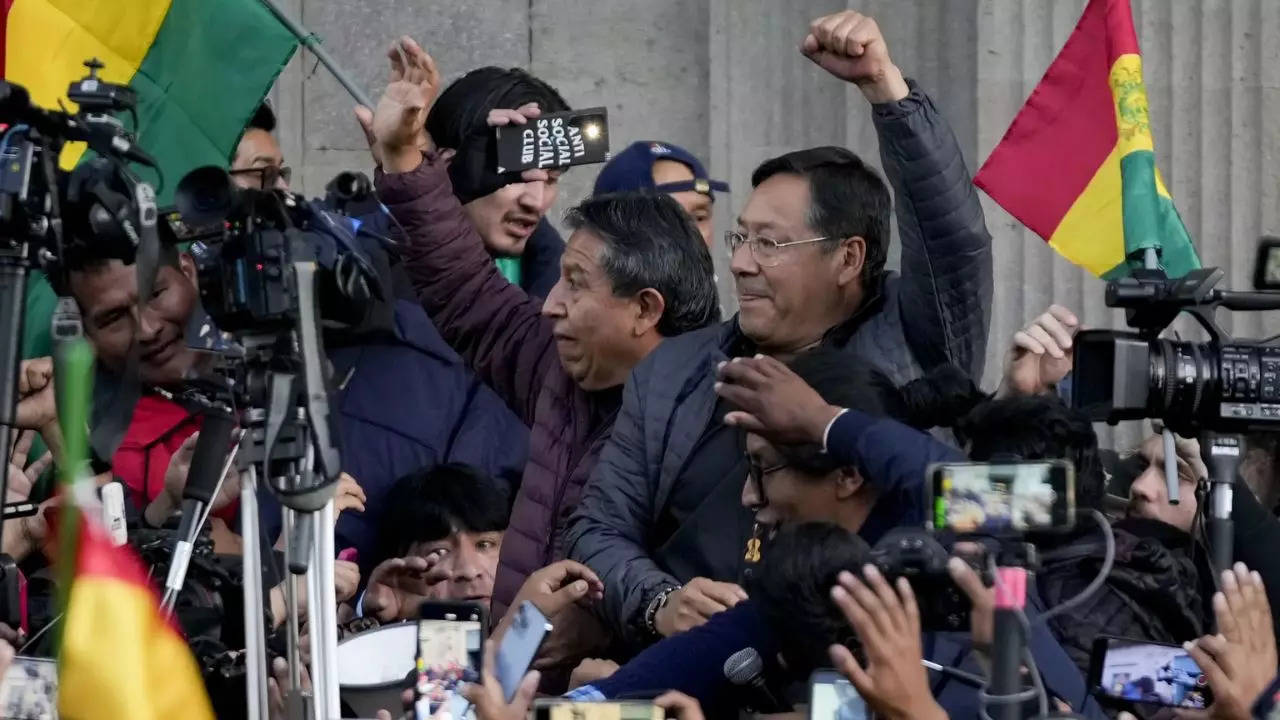Gender-based violence (GBV) continues to affect millions of women and children worldwide, with the World Health Organization estimating that one in three women has experienced physical, sexual or other violence in her lifetime. The figure is believed to be even higher in South Africa, where research by the Lancet Commission on Psychiatry shows that almost 50% of women over the age of 15 have been physically or sexually abused.
The 16 Days Against Gender-Based Violence campaign aims to highlight and raise awareness of the negative impact of GBV on women. The campaign, which runs annually from November 25 (International Day for the Elimination of Violence Against Women) to December 10 (International Human Rights Day), provides an opportunity to increase education about GBV and femicide.
“Unfortunately, GBV is a very real risk for too many women and young girls in South Africa,” says Peter Olliott, CEO of financial services provider Indwe Risk Services (Indwe). “This is a complex social problem that is incredibly difficult to solve, which is why the 16 Days of Activism campaign is so important. The only way to overcome the scourge of GBV is to understand it and confront it head on.”
Understanding GBV in South Africa
UN Women defines GBV as violence against a person because of their gender. In South Africa and around the world, GBV disproportionately affects women. Psychological trauma and physical harm are the main concerns, but GBV has significant consequences for society as a whole. The prevalence of GBV places a significant burden on health care facilities as well as the criminal justice system. In addition, GBV is a major driver of the HIV pandemic in South Africa.
Favorable factors
When it comes to GBV, there is no single factor that can be blamed. Instead, a comprehensive view of culture, socio-economic status, religion and community life is needed. However, here are some of the main reasons:
- Financial dependency that drives women back to their abusive partners
- Patriarchal cultures and religions that perpetuate the idea that women are inferior to men
- Alcohol abuse (another key problem facing our society) goes hand in hand with GBV as men with alcoholism are three times more likely to commit domestic violence
Strategies to combat GBV
Both prevention and intervention strategies are key to addressing GBV. 16 Days of Activism Against Gender-Based Violence focuses on these strategies. This international campaign was launched in 1991 with the ultimate goal of eliminating GBV.
Indwe supports this goal with its ‘My Personal Lifeline’ (MPLL) offering, which was launched mid-year in 2021. As part of the MPLL, any Indwe customer who has a policy can nominate a survivor for Domestic Violence Help and Support. This lifeline is designed to get the victim to safety and limit further intimidation or manipulation by the abuser. Help for victims of domestic violence includes the following:
- A professional bodyguard sent after the survivor and/or children.
- Assisting in the initiation of a criminal case against a criminal.
- Accommodation in a hotel for up to 3 days in the amount of 6,000 rubles. per year.
- Mobile phone with prepaid airtime in the amount of 200 rubles.
- Debit card pre-loaded with R500.
Oliat says: “The consequences of GBV reverberate throughout society, causing huge economic and human losses. This is why Indwe is positioning itself to help survivors through the MPLL offering.”







